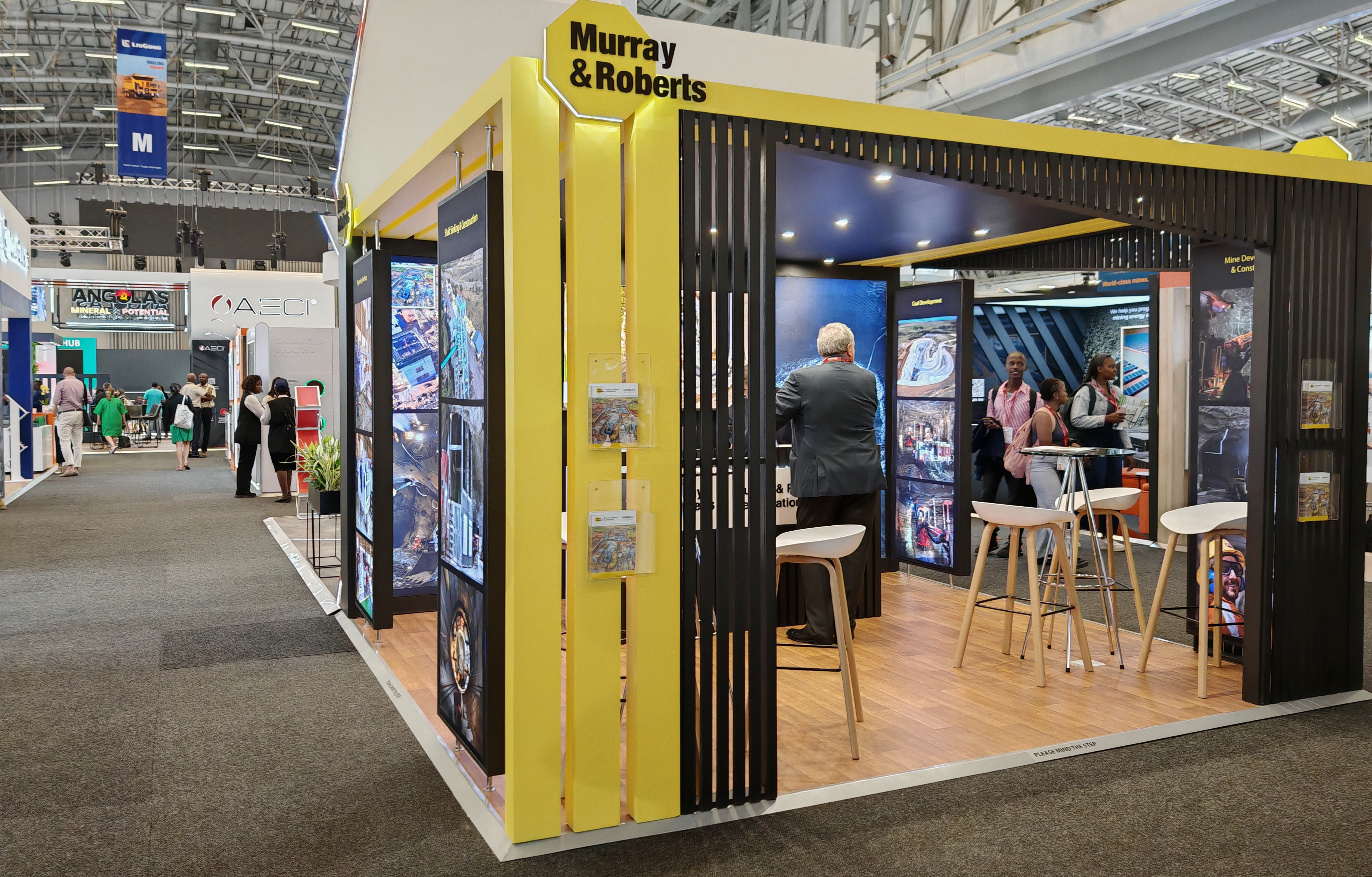Murray & Roberts kicked off its business rescue journey on 22 November 2024 when it dramatically halted trading. The company was considered “financially distressed” according to the Companies Act, meaning it was unlikely to pay all its debts as they became due within the following six months.
Despite the group reporting a substantial order book of R17.2-billion for the year ended June 2024 (an improvement from R15.4-billion in 2023) and a net cash position of just under R500-million, the South African operations faced severe financial challenges.
What this means for shareholders
The creditors will now vote on whether to adopt the business rescue plan. If approved, the plan would see the implementation of the differential transaction, followed by distributions to creditors according to their class and security status. Share trading was suspended in November last year.
Shareholders, unfortunately, have no voting rights and are not expected to receive any payment under the proposed business rescue plan, nor would they be likely to receive any payment in the event of liquidation.
The section on the benefits of adopting the business rescue compared to liquidation explicitly says, “In both a liquidation scenario and through these Business Rescue proceedings, the shareholder will receive no return.”
How is the business rescue being funded?
The company had an early win when it secured R130-million in post-commencement financing from local investors:
- R40-million was received in December 2024;
- An additional R90-million was expected by the end of January 2025; and
- Another R120-million was secured in loans from financiers.
These funds have helped keep operations going while the business rescue practitioners developed their plan.
What’s in the business rescue plan?
The 31 March plan centres around a proposed transaction with an investor group led by Differential Capital, where the key elements include:
Differential transaction: The sale of Murray & Roberts’ mining interests, specifically shares in Murray & Roberts UK (MRUK) and The Cementation Company Africa (TCCA), along with their subsidiaries.
Conditions: The deal is subject to several conditions, including:
- Finalising definitive agreements;
- Settling certain MRUK liabilities;
- Obtaining consent from the lender group (Absa, Standard Bank, RMB, and a consolidated retirement fund represented by Differential Capital);
- Securing regulatory approvals; and
- Break fee: A R30-million fee payable to differential investors if Murray & Roberts accepts a competing offer.
Co-investment opportunity: Shareholders of Murray & Roberts Holdings Limited may be offered a chance to co-invest in the transaction.
The plan categorises creditors into several classes, with dramatically different projected recovery rates. The lender group, which holds substantial security over most of MRL’s assets, is estimated to recover between 96-100 cents on the rand.
By contrast, unsecured creditors face a much bleaker outlook, with estimated distributions between 0-10 cents on the rand — still higher than the probable liquidation scenario.
Independent unsecured creditors hold the largest voting interest at 76.8%, giving them significant influence over whether the plan is adopted.
How will the mining assets be sold off?
Mining interests total R1.3-billion and will be sold to the differential investors. The payment for these assets is structured in two parts.
First, an initial payment of R950-million is expected upon the closing of the transaction. These funds are earmarked for repaying the remaining secured debt and potentially providing an initial distribution to unsecured creditors.
The remaining R350-million of the purchase consideration is structured as a deferred payment. This amount is due on the first anniversary of the adoption of the business rescue plan (31 March 2026) or six months after the actual closing date of the differential transaction — whichever comes later.

Visual created using Napkin AI
What happens if the plan isn’t approved?
The BRPs have presented a comparison with liquidation, showing that most creditor classes would receive significantly less in that scenario.
A key risk highlighted is that the lender group has the right to place MRUK into administration in the UK, which would severely affect the business rescue process.
Why focus on the mining assets?
The mining division has long been Murray & Roberts’ most valuable and stable business. As CEO Henry Laas stated when the PCF was secured:
“These investors are well capitalised and have expressed their appreciation of Murray & Roberts’ expertise as a provider of mining contracting services, which rivals the best in the world, and the importance of preserving this capability.”
Mining projects constituted the majority of the group’s R17.2-billion order book reported in June 2024.
Murray & Roberts’ struggle shows the broader challenges in South Africa’s construction sector, which has faced limited public infrastructure spending, project delays and intense competition. For a company with a 120-year legacy that has contributed significantly to the country’s infrastructure development, the success or failure of this business rescue will have far-reaching implications. DM





